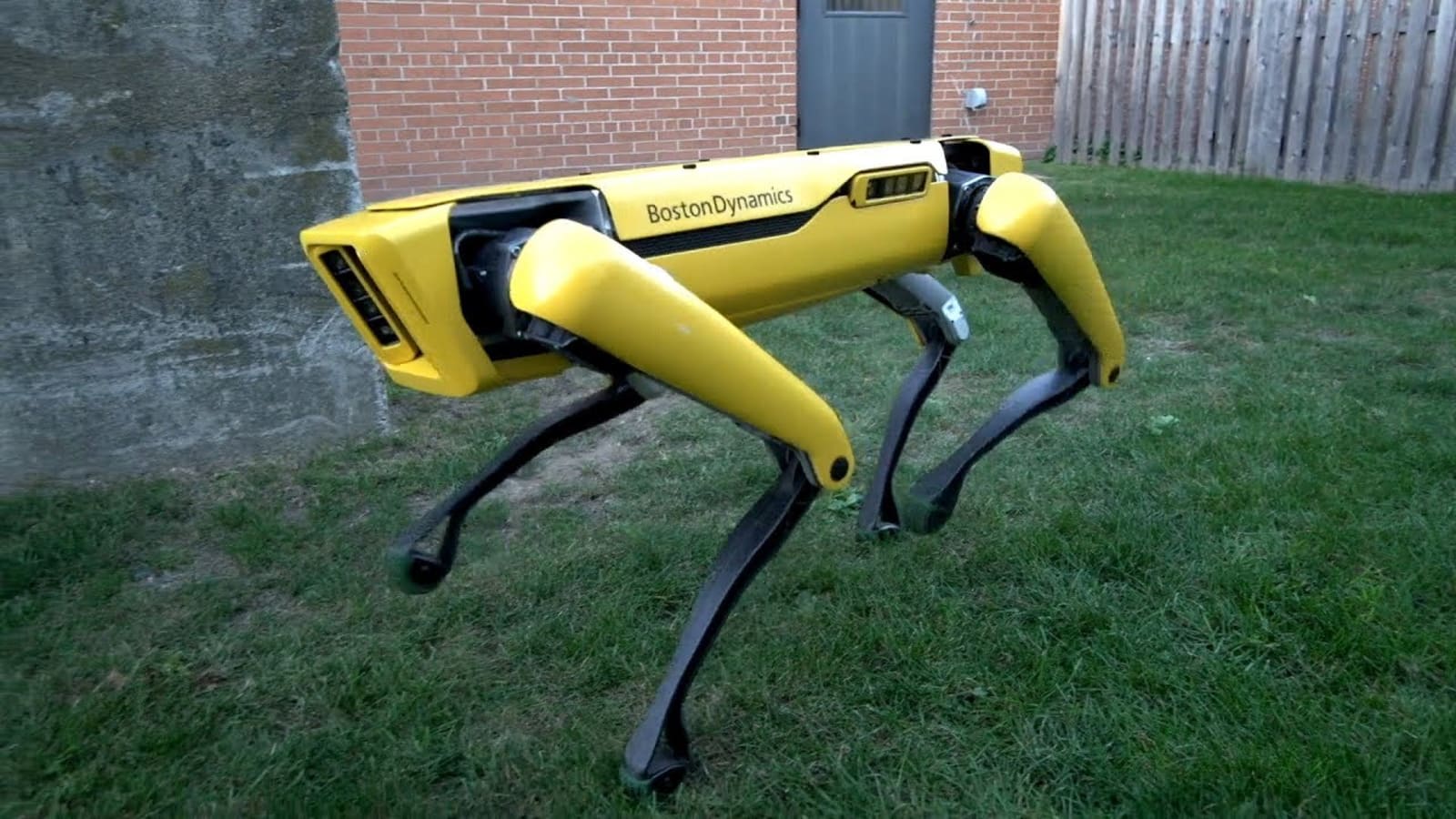Industry News - Week of Jan. 27, 2020
IN THIS ISSUE: Walmart Grows Robot Fleet; Massive Microsoft Data Breach; Parallel Reality is Real; Boston Dynamics' Dog-robot SDK; Reducing Cost of Printed RFID; Hacker Leaks Half a Million Passwords

Walmart Robot Fleet to Reach a Thousand
Shoppers should get used to seeing automatons roaming the aisles of Walmart stores scanning shelves for missing merch, cleaning floors, picking orders and performing other repetitive tasks. The company is almost doubling its fleet in an effort to further reduce costs and prices. Its latest robot (pictured) is six feet tall, has 15 cameras and sees everything.
Microsoft Exposes 250 Million Customer Records
Among the dangers of living in the information age is an increased vulnerability to predators. It doesn't help that the companies trusted with safeguarding user data are run by flawed human beings. Microsoft last week revealed that hundreds of millions of its customer service records were exposed for a two-day period last December.

Altering Reality Based on User Preferences
The concept of parallel realities is often the subject of science fiction thrillers. Now a technology being tested by Delta Airlines is taking the idea to Detroit Metropolitan Airport, where travellers opting into the tests will be shown different languages on the same screens depending on preferences they've selected at check-in. The tech, which alters the way pixels are delivered to the screen, is from Redmond-based Misapplied Sciences.
Boston Dynamics Throws Dog-developers a Bone
Famed robotics developer Boston Dynamics, whose creepy humaniod-robot videos practically invented the viral-video phenomenon, has released the Spot SDK, a set of development tools for targeting its quadropedic cyber-canine.
Carbon Nanotubes Help Reduce RFID Costs
Japanese chemical company Toray Industries last week unveiled what it claims is the world's first wireless UHF communication mechanism that uses a printed circuit. The company says it has developed special nanotubes, which normally carry a positive change (p-type), that can carry a negative charge (n-type), thereby making them suitable for its ultra low-cost integrated circuits.
Hacker Leaks More than Half a Million Passwords
This is probably a good time to change the passwords on all the servers, routers, "smart" TVs and other devices in every home, particularly if the passwords were left to the default or not chosen creatively. Why? Because the hacker apparently used a "bot list" to automatically scan connected devices to identify their makers and then tries to break in using that maker's default or an easily guessed password. Apparently as many as 515,000 people still don't care.

Edward Correia


















